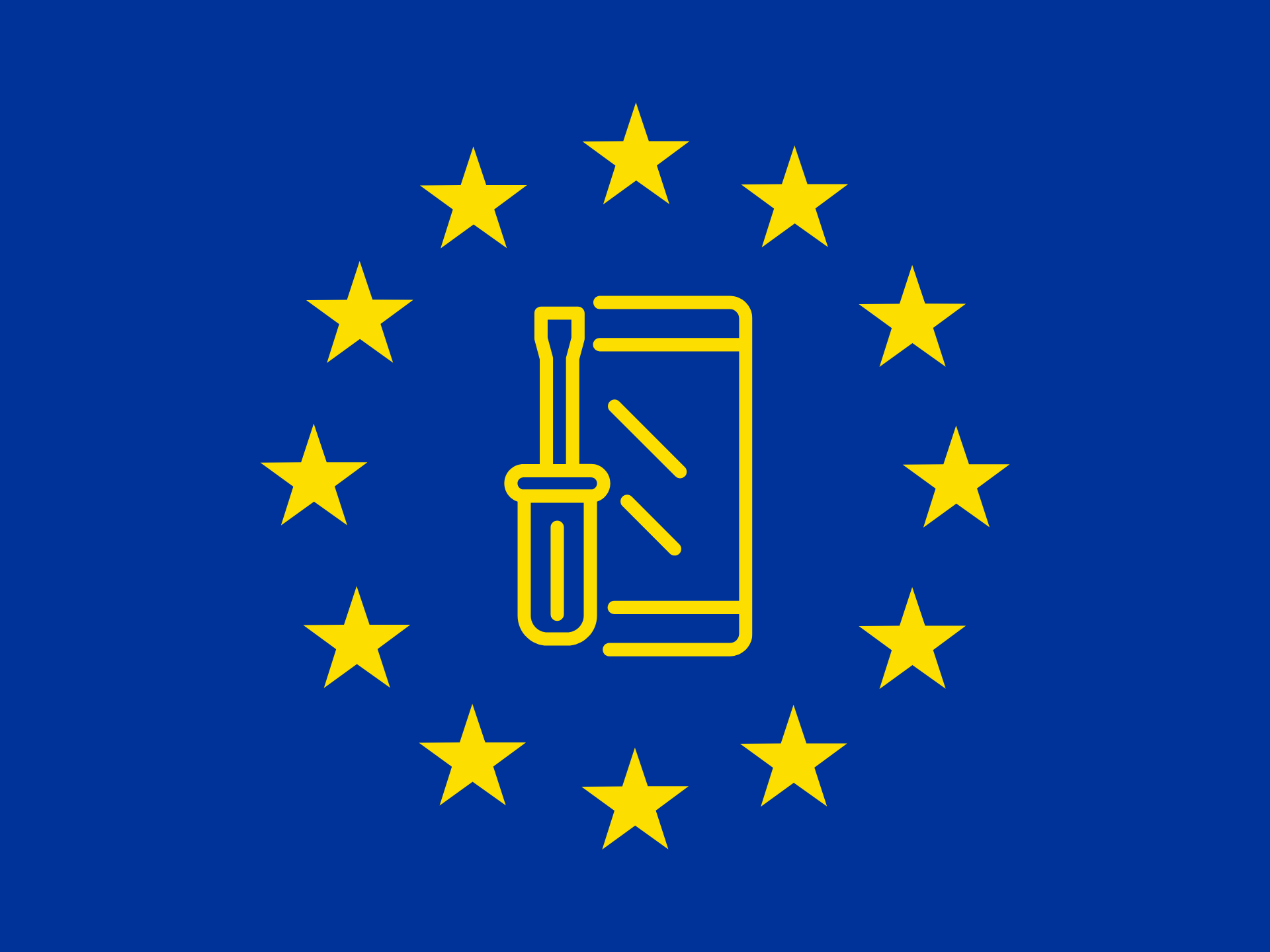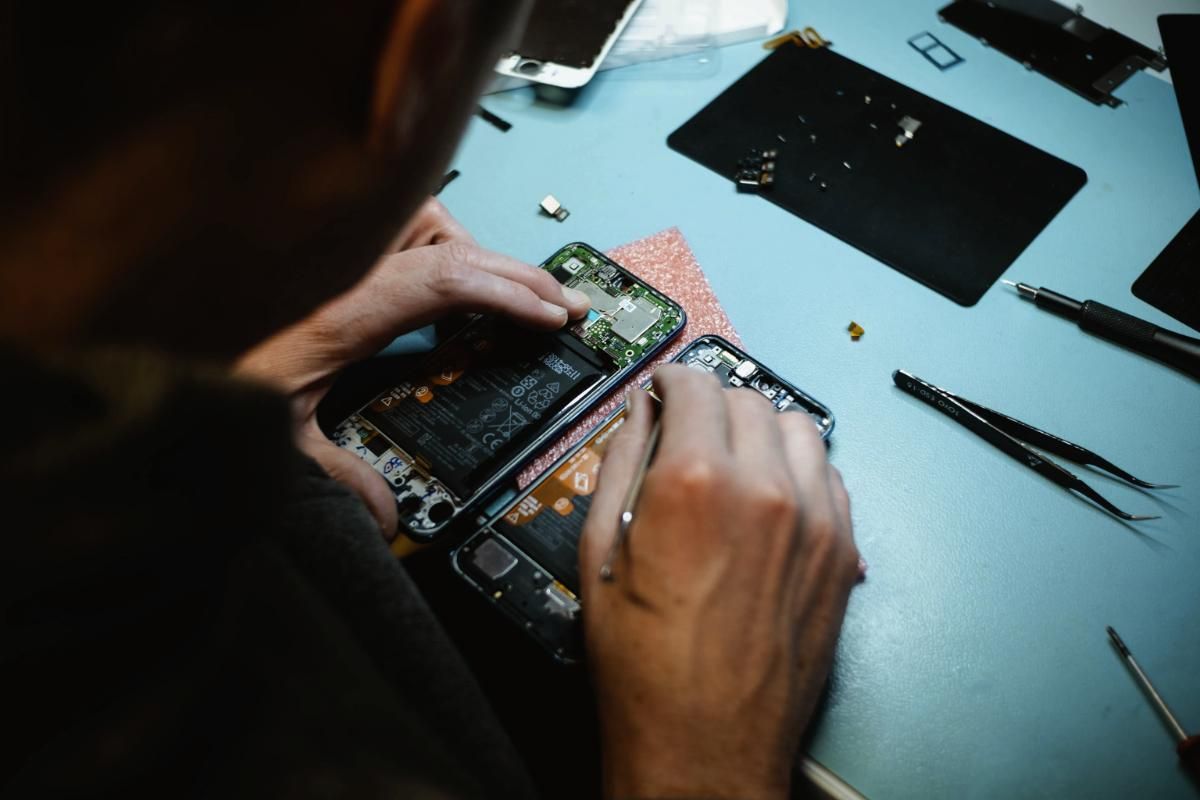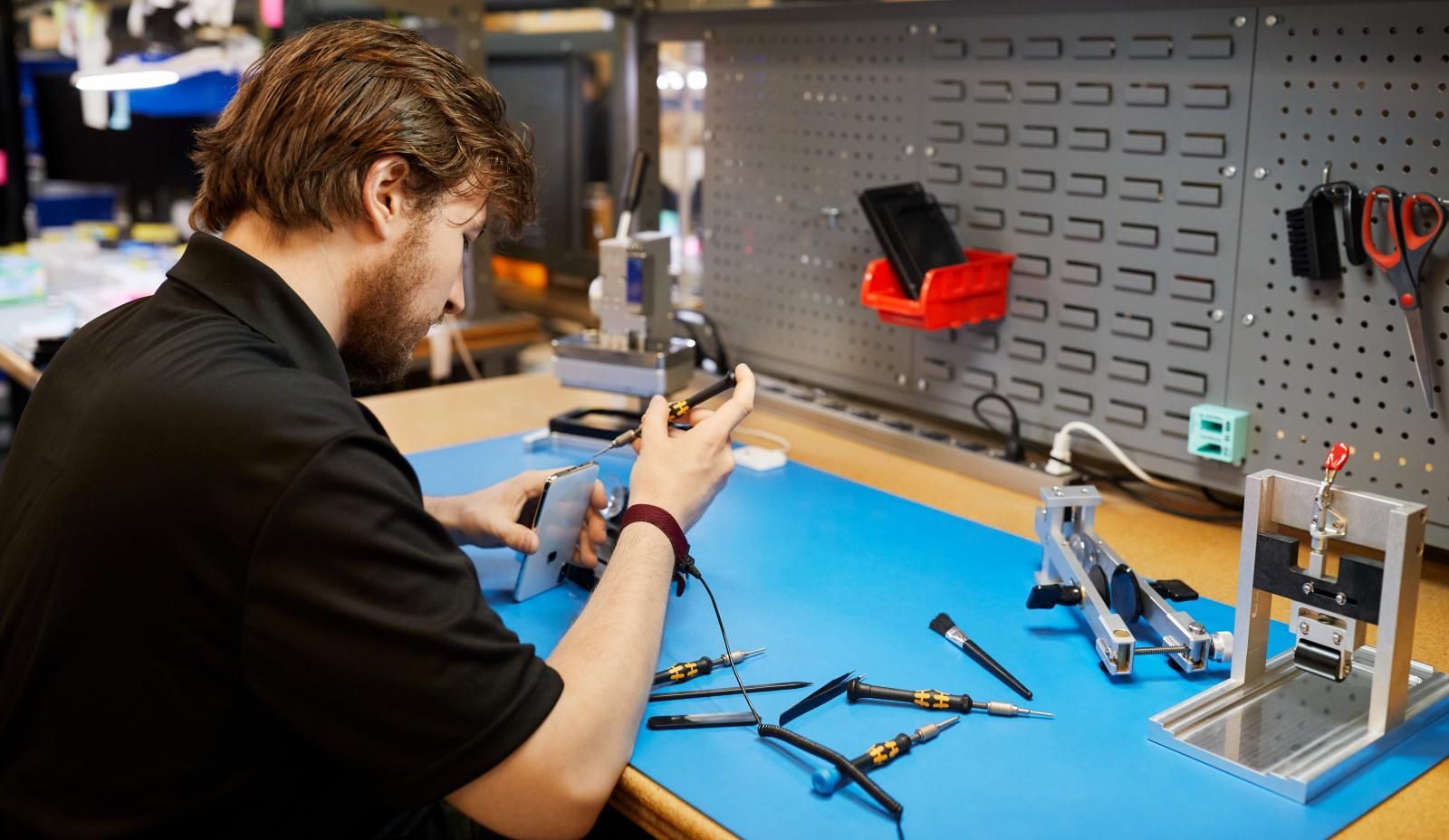It seems like the European Commission is on a roll, and it’s constantly working on new laws to make repairing smartphones, tablets, and other gadgets easier, and more consumer friendly. The EU Commission recently passed a new law, forcing nearly all manufacturers to apply the common USB-C standard across electronic devices. While the new law will only kick in from the second half of 2023, we already have another brilliant proposal that could bring significant improvements to how devices are repaired, and how long OEMs maintain them.
Our excellent guide helps you pick the best tools and accessories to fix your smartphones, smartwatches, wearables, laptops, and computers.
The new proposal aims to improve the battery life and the number of spare parts available for professionals and consumers. The European regulators want companies to provide at least 15 different parts to professional repair services for at least five years after a device goes on sale. Consumers would have a chance to pick up several first-party components, including replacement parts for back covers, SIM trays, batteries, speakers, displays, cameras, and more.
That’s not all. The proposed legislation also wants to force manufacturers to ensure that batteries can meet the 80% capacity retention after 1,000 charging cycles, or provide new batteries for five years. This new standard would set the mark higher for some companies. The draft also points out that software updates cannot have a negative effect on a battery’s performance or endurance.
It’s also worth pointing out that these rules will not apply to security devices or rollables and foldables. The rules primarily focus on low-end and midranger devices and high-end flagships. The rule would offer some protection for foldables and rollable devices, and it would be required that all electric devices must be repairable with no tools, or basic commercially available tools by consumers.
If all goes ahead, it could mean an end to OEMs making it nearly impossible to buy first-party components and make their devices impossible to open without breaking. If the legislation passes and comes into effect, the commission could announce similar rules to other white goods. A new label would be applied to every product on the market, displaying their water and dust protection levels, resistance to drops, battery durability, and battery lifespan.
The label would help consumers pick products that are easier to repair than others, making it crucial for companies to improve their reliability and increase product lifespan and support.
Why is this good news for countries outside of Europe?
After the Right to Repair Bill was finally introduced and passed in the US, companies like Apple, Google, Microsoft, and Samsung have all made it easier to repair their devices. Most OEMs have partnered with iFixit to provide official repair tools and genuine components to the public at affordable prices.
The European Commission has clearly taken some inspiration from the Right to Repair Bill, and looked for ways it could be improved to provide even more benefits to both consumers and professionals. In its current state, the draft provides plenty of ways for consumers to keep their devices maintained adequately for five years, ensuring that consumable components, such as the battery, remain easily accessible and replaceable without requiring any industrial machinery.
Suppose the regulation passes and comes into effect in the EU. In that case, it could become the best place in the world to access official, genuine, first-party components, directly from the manufacturers and their partners. The new proposal further protects the environment by reducing the amount of e-waste produced yearly. It could save a relatively large amount of money in consumers’ pockets that could be used elsewhere to support the local communities. The move could also influence other nations to make repairability more consumer friendly.
The Environmental Coalition on Standards (ECOS) says that while the draft is encouraging and reasonable, it doesn’t go far enough. The body also proposed a few changes to make it more consumer-friendly, and better for the environment.
“Although generally encouraging, the proposals should still be significantly improved. The availability and replaceability of certain spare parts set unnecessary limits for do-it-yourself repairers. The Ecodesign proposal opposes repairability to reliability. Manufacturers will have the choice to provide durable batteries (lasting for more than 1000 charge cycles) OR make batteries available as spare parts to end-users. ECOS believes that consumers deserve both as a minimum, and not one or the other as currently suggested.
Sadly, the Commission also lacks ambition in other aspects. It obliges manufacturers to provide spare parts and software updates for only 5 years, rather than longer. In addition, mobile phones and tablets with flexible displays are exempted from these obligations. As a result, such devices might become the norm for manufacturers willing to ignore the design requirements imposed by the EU.”



